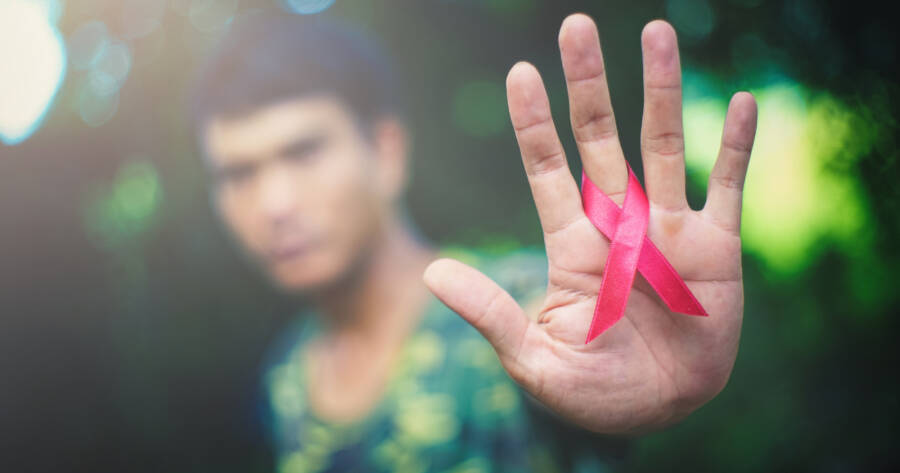HIV, or human immunodeficiency virus, is a stealthy virus that attacks the immune system, leaving the body vulnerable to infections and diseases. HIV can lurk silently, so it’s important to know the early signs. Fortunately, if you start an online search, you can learn everything you need to know about HIV right now.
HIV: The Silent Invader
What makes HIV particularly dangerous is its ability to remain undetected for years, silently wreaking havoc on the body. Without proper knowledge and awareness, individuals may not realize they are infected until the virus has progressed to a more advanced stage.
However, HIV does leave behind early warning signs that can serve as red flags for potential infection. By recognizing these signs, individuals can take proactive steps to seek medical attention and begin treatment early, improving their chances of managing the virus effectively.
Spotting the Early Warning Signs
Early detection of HIV is crucial for managing the virus and preventing its progression to AIDS.1 Here are some common warning signs to watch out for:
1. Flu-like Symptoms
Within 2-4 weeks of contracting HIV, individuals may experience flu-like symptoms such as fever, fatigue, sore throat, swollen lymph nodes, and body aches. These symptoms may be mistaken for a common cold or flu, but if they persist or occur alongside other risk factors, it is important to consider HIV testing.
2. Skin Rashes
HIV can cause various skin conditions, including rashes, sores, and lesions. These skin abnormalities may appear as red, itchy patches or small bumps. If you notice any unexplained skin changes, it is advisable to consult a healthcare professional for further evaluation.
3. Persistent Fatigue
Feeling constantly tired and lacking energy can be a sign of HIV infection. The virus affects the immune system, making it harder for the body to fight off infections and leaving individuals feeling exhausted. If you experience persistent fatigue that interferes with your daily activities, it is essential to get tested for HIV.
Taking Action: What to Do Next
If you suspect you may have been exposed to HIV or are experiencing any of the early warning signs, it is crucial to take immediate action.2 Here’s what you should do:
1. Start PEP
PEP (post-exposure prophylaxis) is an emergency medicine you take every day to help stop the virus from growing in your body. If you think you’ve been exposed to HIV go to urgent care, an HIV clinic, or your primary doctor to discuss a prescription. PEP can be effective but you have to act fast. You need to start PEP within 72 hours of exposure but ideally within the first 36 hours.
2. Get Tested
Visit a healthcare professional or a local clinic to get tested for HIV. Early diagnosis allows for early intervention and treatment, improving long-term health outcomes.
2. Seek Support
Reach out to support groups or organizations that specialize in HIV/AIDS. They can provide valuable information, resources, and emotional support throughout your journey.
Remember, knowledge is power when it comes to HIV. By staying informed, recognizing the early warning signs, and taking prompt action, you can protect your health and the health of others.
Start a Search Today!
Don’t wait for HIV to make its presence known. Start a search today to learn more about the virus, its prevention, and available treatment options. Empower yourself with knowledge and take control of your health.
